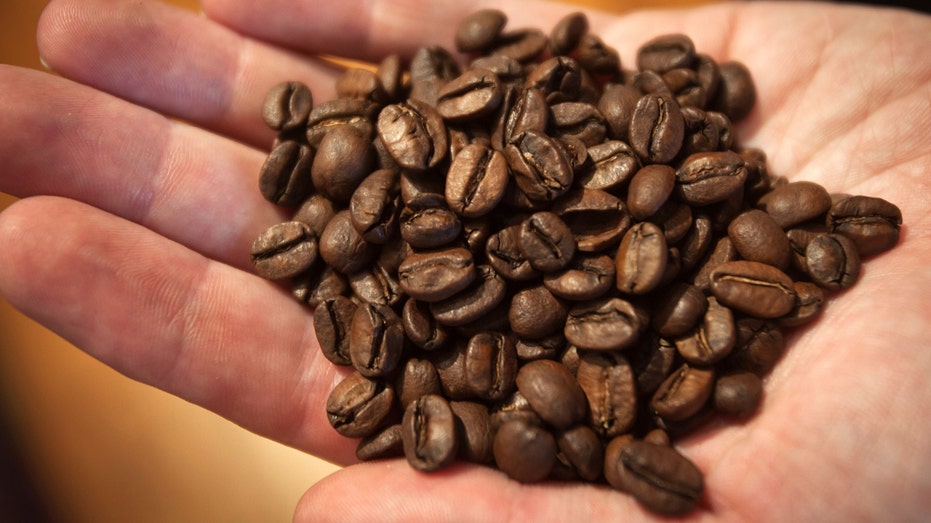Treasury Secretary Scott Bessent said Wednesday that the Trump administration will soon announce actions that will reduce prices on some grocery items.
“You’re going to see [a] substantial announcement over the next couple of days in terms of things we don’t grow here in the United States. Coffee, coffee being one of them. Bananas, other fruits, things… that will bring the prices down very quickly,” Bessent said during an interview on “Fox & Friends.”
Food costs remained elevated this year, increasing 3.1% in September from the same period a year ago. Bananas and coffee rose 6.9% and 18.9% on an annual basis, respectively.
TREASURY SECRETARY BESSENT WARNS SHUTDOWN COULD SLASH QUARTERLY ECONOMIC GROWTH BY HALF
The U.S. grows bananas in Hawaii and Florida, but commercial production is limited and most bananas are imported from countries where labor is cheaper and land costs are lower.
President Donald Trump, in an interview aired on “The Ingraham Angle” on Tuesday, said the U.S. would lower some tariffs on coffee imports.
GOVERNMENT SHUTDOWN THREATENS CRUCIAL ECONOMIC DATA, LEAVING FED — AND FAMILIES — IN THE DARK
Coffee roasters in the U.S. have been plowing through their stockpiles as they await the outcome of ongoing U.S.-Brazil trade negotiations. Brazilian coffee, which accounts for a third of the beans consumed in the U.S., has been priced out of that market by the 50% import tariffs that Trump imposed in August.

During the Wednesday interview, Bessent said that the current administration “inherited this affordability mess” and that the country is contending with one of the worst inflation crises in the history of the U.S.
Bessent said affordability depends on both prices and income, and that over the past few years, inflation has driven up everyday costs like food, insurance and car payments. As a result, working Americans felt that their paychecks didn’t stretch as far. The Trump administration’s plan, according to Bessent, is to restore high-paying manufacturing jobs and help “hourly workers and working Americans to have real wage increases.”

Inflation has come down significantly since its peak in June 2022, when the 12-month increase was 9.1%. In September, the CPI rose about 3% year over year, easing pressure on consumers even though prices remain higher than before the pandemic, especially as tariff-related price hikes filter into government data.
Reuters contributed to this report.
Read the full article here










